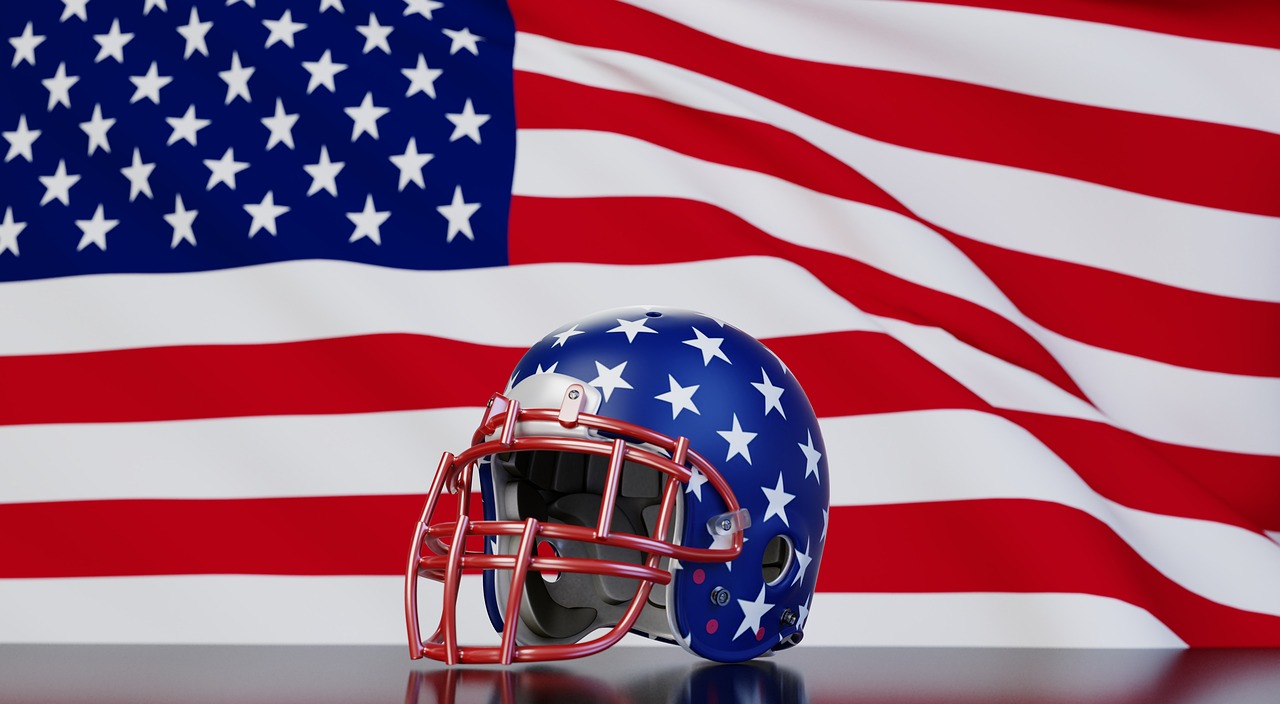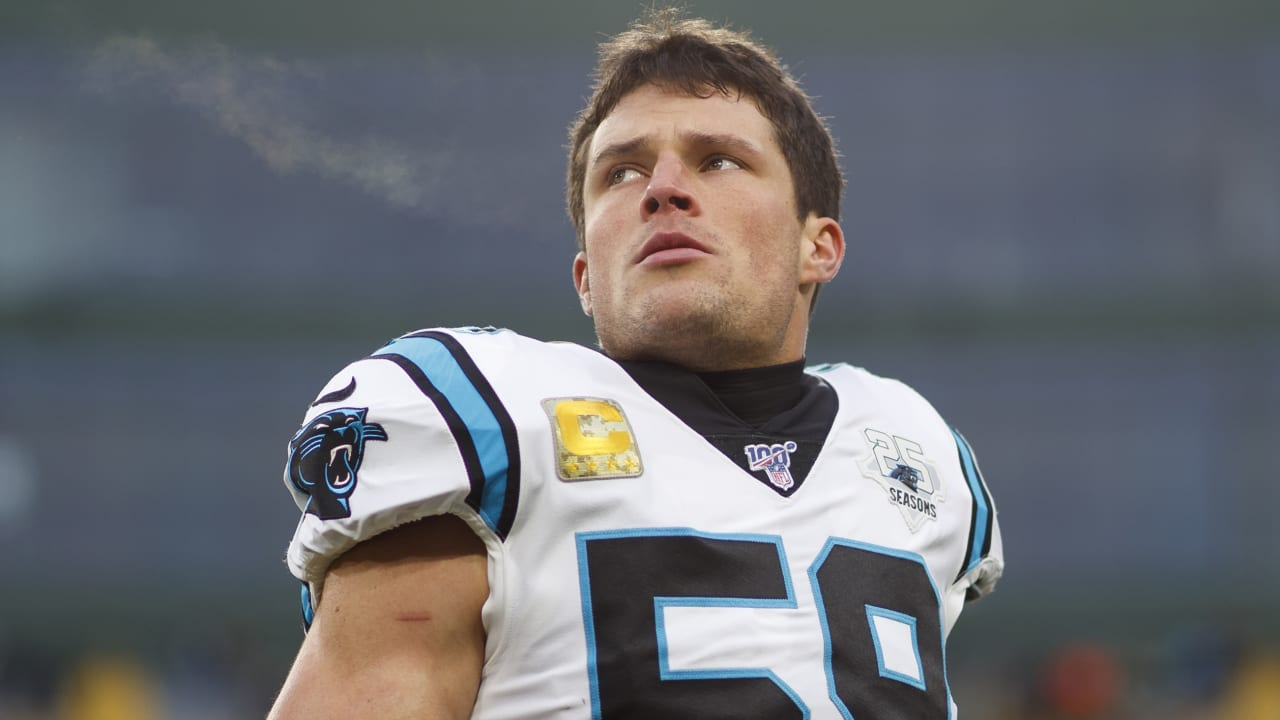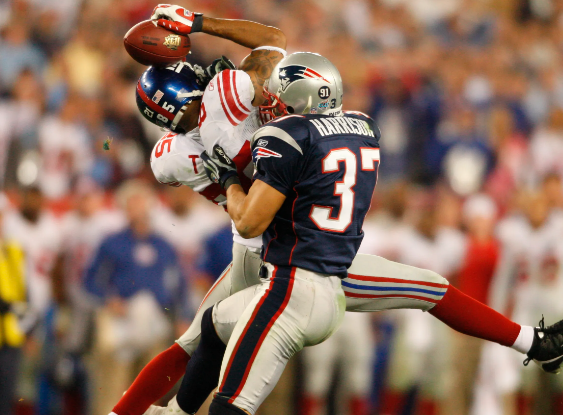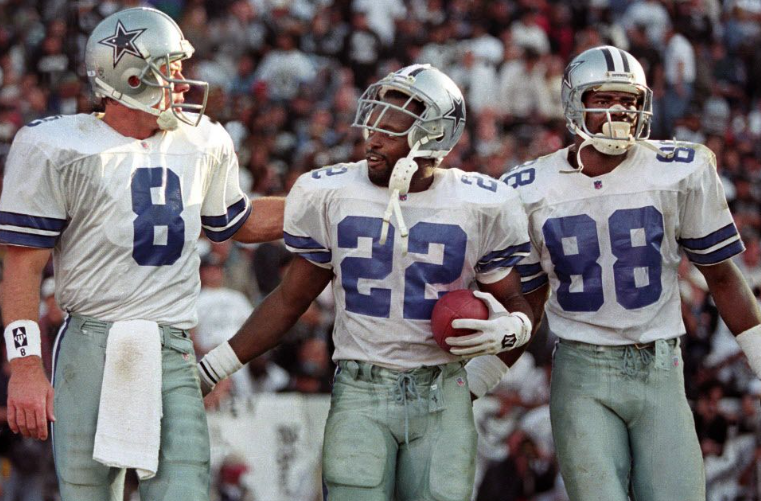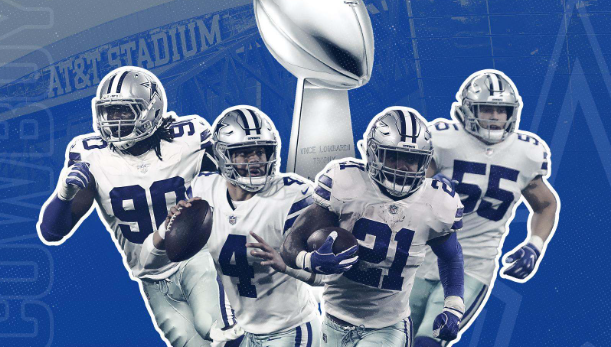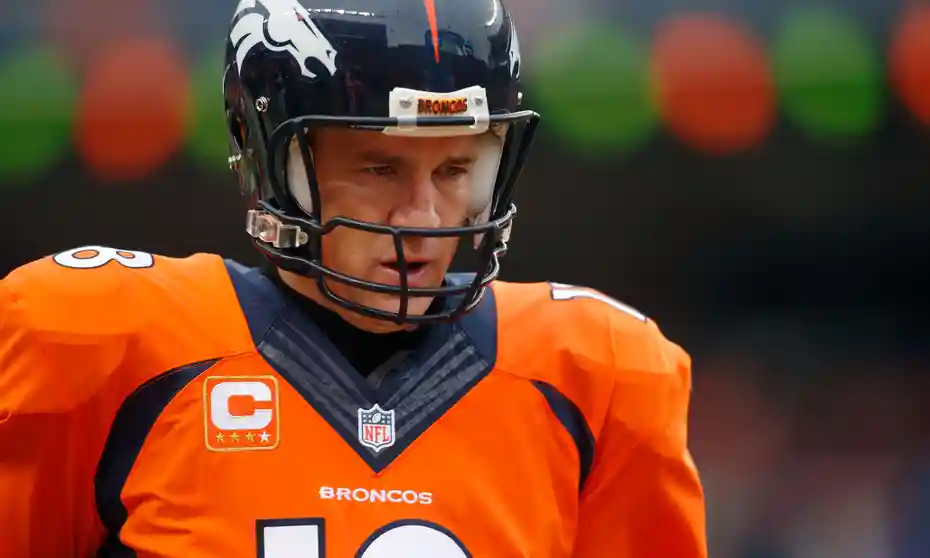Everyone has their own Super Bowl memory. Not necessarily the most beautiful, the most fought, or the most spectacular, but the one that has left the most impression on him in his life.
It may be the Super Bowl won by your favorite team, or the one you lost for no reason; the first time you saw the new house you'll be paying for in 30 years, or the one where you remember the drinks with friends more than the final result. So, it's time we checked out our ranking!
5. Super Bowl XXXIV - St. Louis Rams 23 - Tennessee Titans 16
One yard short. This is what Super Bowl 34 will be remembered for: Kevin Dyson, a Titans receiver, with his arm stretched towards the goal line and his legs encircled by rival linebacker Mike Jones. That motion is now known as "The Tackle," with the article and capital letter to elevate that specific gesture to an absolute worth, identical to those that are performed by the dozen in every football game.
After all, the core of this sport is in the conflict between those who want to advance and capture territory and those who stand as border defenders. The remainder is purely a side dish.
The fact that there were only 6 seconds left and that this was the Titans' last chance to win adds to the drama. Furthermore, they had completed a 16-point comeback, which had never been done before in a Super Bowl.
With just over 2 minutes remaining, though, Kurt Warner, the Rams' MVP of the regular season, threw a 73-yard touchdown pass to bring his team back into the game. There's still time for the Titans' last drive, which comes up one step short of glory. The outcome will remain unchanged: that "one yard short" will merely serve to immortalize a triumph and remind us that life, like football, is a game of inches.
4. Super Bowl XXV - New York Giants 20 - Buffalo Bills 19
The kicker, who is only called into question after the offensive action has failed to reach the score and one can "be content" with kicking the ball between the posts to collect 3 points, is the most ungrateful of all the roles in American football. It's a thankless job since you might not see the field for the entire game and then be summoned at the last minute to try to win it: a decisive kick only, with all the pressure you can imagine.
What you might not be able to imagine is the strain of being in a Super Bowl with your team down one point and only eight seconds left on the clock. On the evening of January 27, 1991, at Tampa Bay Stadium, this is the scenario that Scott Norwood, the Buffalo Bills kicker, finds himself in.
Kelly, the renowned Buffalo quarterback, kicked it to the 29-yard line, making it a 47-yard kick when you factor in the distance to the end zone and the distance to fix the ball. Approximately 43 meters. Many, but not many for a kicker in the NFL. Except for the fact that it's the Super Bowl, the crowd is roaring, and two entire cities are holding their breath, although for opposing reasons.
The Giants coach calls a timeout in the last second, as is customary, to add to the kicker's anxiety. The challenge is no longer between one squad and another, but between a guy and himself. You must clear your mind and concentrate solely on kicking. Out. Norwood and his Buffaloes did not have a happy ending because they entered history through the incorrect door.
Few recall the tense contest, in which New York came back from a 12-3 deficit. A 75-yard drive that takes 9 minutes and 29 seconds to complete. Everything is focused on that errant kick, which is so symbolic that it ideally begins the Bills' next four-game losing skid in the Super Bowl. The kicker is that it's a thankless job.
3. Super Bowl LI - New England Patriots 34 - Atlanta Falcons 28
The Falcons have 28 points and the Patriots have three after 43 minutes of play at NRG Stadium. The chasm is wider than the number of minutes until the end of the game, before a title they have never won in Atlanta. Someone is already partying in Georgia.
The TVs are turned off in Boston, and everything appears to be written by now: Matt Ryan, the Falcons' hero, Bill Belichick, the Patriots' coach, and Tom Brady, his quarterback and the cover face of football as a whole, on the gridiron of losers. However, you must cope with one of the adages of sports of all kinds: it's not over until it's over.
The touchdown of running back James White reawakens something in the New England squad and pierces the Falcons' certainty. The defense discovers the hunger of those who sense that the morsel, possibly, can still be bitten and, with Hightower, creates the strip-sack that opens up new possibilities; Brady's veins become cold again.
Then, when Julian Edelman throws a reception right out of a Michelangelo fresco, the unfathomable concept of the greatest Super Bowl comeback in history becomes a page etched in history. The unthinkable has happened: the Patriots have won their fifth Super Bowl and have entered sporting legend.
2. Super Bowl XLII - New York Giants 17 - New England Patriots 14
We can utilize the famous comparison between David and Goliath to discuss what happened on February 3, 2008, at the University of Phoenix in Arizona.
The New York Giants of Eli Manning, brother of the better-known Peyton, one of the most powerful quarterbacks in NFL history, have been summoned to face the battleship - Goliath of the New England Patriots, a team that has never lost a game during the regular season and is widely regarded as a super favorite.
Instead of throwing a stone, the "little Manning," wearing a helmet and armor and using one arm as a sling, smacks the opponent in the head with a miracle throw: he eludes the defenders who now appear to have tackled him and throws long to his receiver David Tyree. New York is down in the score, with only 64 seconds remaining. The launch isn't perfect, and we'll need another miracle to do the job: the one that will go down in history as "The Helmet Catch."
Because Tyree, to get him that ball, leaps amid the Patriots' defenders and manages to catch it by gripping it between his hand and his helmet in an athletic gesture that defies physics and seals the 17-14 victory. The colossus has been defeated. And the "Helmet Catch" goes down in NFL history as one of the most significant moments.
1. Super Bowl XLIX: Patriots 28 - Seahawks 24
There's something for everyone in Super Bowl 49, which took place on February 1, 2015, at Glendale Stadium, almost like a symphony in which each instrument lends its particular timbre to the overall beauty. Equal (or almost equal) numbers of winners and losers. There's Tom Brady, the legend-making quarterback who, in the fourth quarter, unleashes the best part of himself by creating a comeback in a Rossini crescendo.
Russell Wilson, the Seattle quarterback, resembles a violin string that can withstand any bow abuse while always producing a superb sound. Jermain Kearse, the receiver-percussionist, stands in the corner of the stage, but when he serves, he invents a grip that is reminiscent of David Tyree's Helmet Catch.
Coach Carroll, the Seattle conductor, clamorously divides a call, opting to throw the ball instead of entrusting it to the powerful legs of first violin Marhawn Lynch, one of the league's most powerful running backs. Finally, there's Malcom Butler's famous solo, in which the freshman came in at the last second to intercept the critical passage. And to bring the curtain down on a standing ovation.
